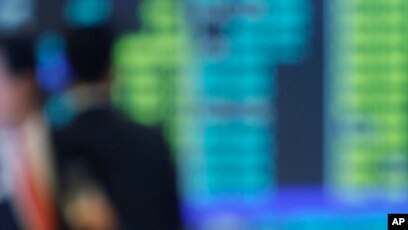
Pansy Ho runs conglomerate Shun Tak, which includes ferry services between Macau, Hong Kong and mainland China and is a major property developer in Macau.

Ho had been keeping a low profile after a serious fall in 2009 at the age of 87 which left him requiring brain surgery. In 2015 his nephew Alan Ho spent 14 months in jail on charges linked to a prostitution racket that was uncovered at the company's flagship Hotel Lisboa. One of his sons, Lawrence, runs rival casino and hotel operator Melco International in Macau. Like many of Hong Kong's tycoons, Ho was reluctant to retire and only officially stepped down from SJM in 2018 at the age of 96, handing over the reins to his daughter Daisy and Angela Leong, his fourth "wife".īloomberg estimates his family empire is worth some $14.9 billion Ho said he had never wagered a bet, even while his casinos continued to rake in billions in revenues annually. Local media said it was unclear whether or not he had married all the women he called his "wives". He also added to his wealth through a property and shipping empire.Ī flamboyant entrepreneur and keen ballroom dancer, Ho first married in 1942 but subsequently had three other partners with whom he had children. The war allowed him to make his first fortune - smuggling luxury goods into China from Macau - before securing the only gaming licence in the then-Portuguese colony in 1962. He was the great-nephew of one of Asia's first tycoons, Robert Hotung, an influential Eurasian businessman and philanthropist who was among Hong Kong's wealthiest individuals at the turn of the 20th century.īut Ho's family fortunes collapsed during the depression years, and when World War II came he fled to Macau virtually destitute. While many of Hong Kong's tycoons have rags to riches backstories, Ho initially had a gilded start to life. Most operators, however, including SJM, have ample cash reserves built up from the boom years to weather a prolonged downturn. Gaming revenues bounced back until earlier this year when the coronavirus pandemic emptied casino floors and hammered the industry. The company took a hit alongside its competitors after China's President Xi Jinping launched a high-profile corruption crackdown in 2014, triggering a dramatic decline in high-rollers to Macau. His Sociedade de Jogos de Macao Holdings (SJM) empire remains a major player in Macau, the only place in China where casinos are allowed. Ho monopolised the gaming industry until 2002, when the government introduced foreign investors, sparking a boom which saw casino takings contribute around 80 percent of the city's annual revenue and overtake Las Vegas. "My father will live in our family members' hearts forever and the hearts of all the people who benefited from him and were encouraged by him," daughter Pansy told reporters.Ĭhina's state-run CCTV described Ho as a "patriotic entrepreneur".

He fathered at least 17 children and speculation about how his vast fortune would be divided among his offspring has long occupied Hong Kong's tabloid media.įamily members said Ho passed away shortly after 1pm in hospital. Known as the "godfather" of Macau's casinos, Ho was instrumental in turning the semi-autonomous city on China's southern coastline into a gambling boomtown.

Stanley Ho, the Hong Kong-born tycoon who made billions transforming neighbouring Macau from a sleepy Portuguese outpost into the world's biggest gambling hub, died on Tuesday at the age of 98, his family said.


 0 kommentar(er)
0 kommentar(er)
